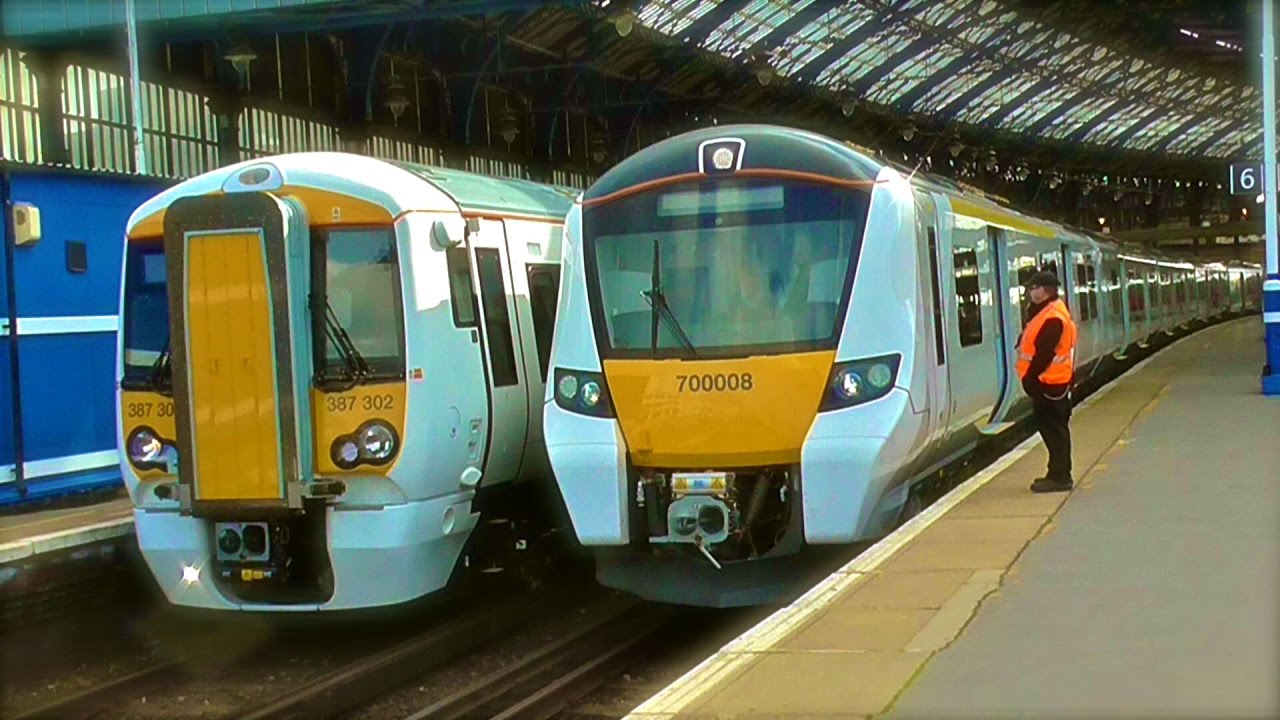Commuters heading to London from Brighton and Hove were delayed as flooded tracks led to trains being cancelled or delayed.
Network Rail, which manages the tracks, blamed torrential rain and National Rail – the train operators’ website – said that there was “major disruption through Haywards Heath until approximately 12 noon”.
Trains were halted at about 5.30am and there were still significant delays at 9am.
National Rail said: “The heavy rain that was flooding the railway earlier this morning at Haywards Heath has subsided, allowing all lines through the station to reopen.
“Trains may be cancelled or delayed. Disruption is expected until 12 noon.”
The train companies said that train crews and carriages had been displaced as a result of the disruption.
Southern, Thameslink and Gatwick Express services were all affected, with each accepting the other’s tickets.
National Rail added: “Your overall journey to and from Three Bridges, Brighton and Lewes may be extended by up to 60 minutes.
“If your trip is essential, you are strongly recommended to check before you travel.
“Southern, Thameslink and Gatwick Express services will be exceptionally busier than usual during this time.
“Your tickets will be honoured across all Southern, Thameslink and Gatwick Express routes during this time.”
Train tickets can also be used on some Brighton and Hove Buses routes – including the 12, 14, 23, 24, 28 and 29 – and on some Metrobus services.
National Rail said: “Due to the heavy rainfall in the early hours of this morning, water levels were above the railheads which meant that train services could not run past Haywards Heath until the water levels reduced.
“Network Rail Engineers arrived to site at 6.09am and examined the lines.
“At this point a decision was made to allow train services to run through but at reduced speed of 5mph as the water levels had reduced enough to allow movement through.
“Network Rail’s quick response team will remain on site and carry out further inspections and use water pumps where necessary.
“When the water level rises above the rails, trains have to reduce their speed to prevent damage to the train.
“If the track has a live conductor rail, flooding can cause a short circuit and cut power to the trains and trackside equipment.
“Heavy rain can also overwhelm the drainage systems, flooding tracks and slowing down trains in the vicinity, causing delays to your journey.
“Particularly on busy routes, where trains need to run to a very tight schedule, such incidents can cause knock-on delays that continue for hours afterwards.
“These knock-on delays often affect both the route with the issue and any connecting routes.
“This, in turn, can mean that trains, drivers and crews aren’t in the right place at the right time to run other services in the day’s timetable.
“To bring the services back to normal, we will be forced to alter some of the services.
“We expect the service alterations and delays to continue until 12 noon.”
National Rail added: “You may be entitled to compensation if you experience a delay in completing your journey today.”








